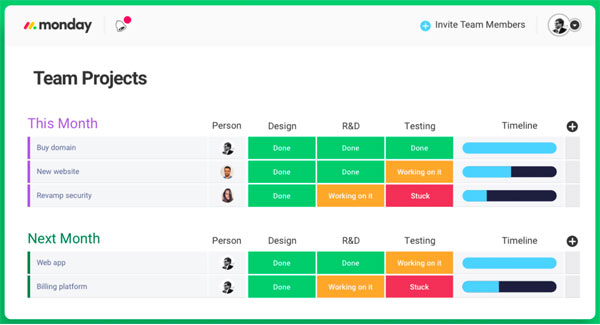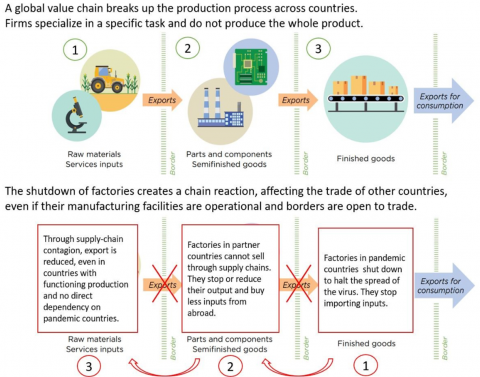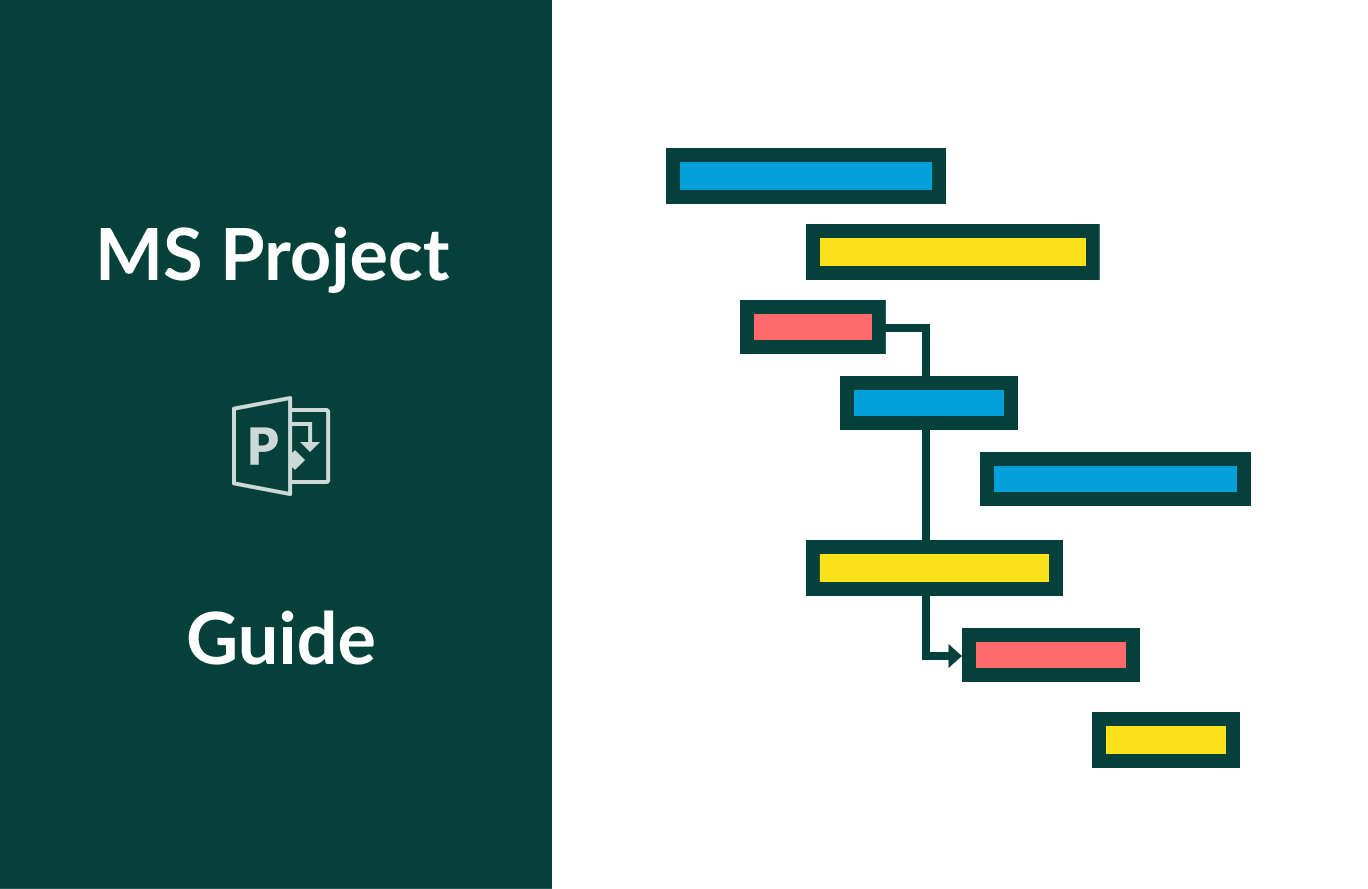
Human resources specialists will be responsible for many different responsibilities. You need to be able interact with many types of people. You will need to have the ability to communicate with both senior managers and employees at all levels. This position requires attention to detail and the ability keep track of large amounts information every day. This is because every day you'll have to make critical decisions and will be required to evaluate various options.
Responsibilities of a human resources specialist
A lot of human resources specialists are needed to offer support and advice to managers. These specialists are also responsible for resolving issues related to employee relations and FMLA cases. A human resource specialist might also be responsible in applicant tracking, new hire paperwork and ensuring that all required documentation and information is up to date. This job role requires communication skills. As a human resource specialist, you may also be responsible for maintaining employee records, databases, preparing reports and assisting in the preparation of a company’s budget.
Human resources specialists need to be knowledgeable in labor law and capable of making recommendations about the best ways to run an organisation. They should also be familiarized with all company policies and ensure that they're enforced. They must also be able to respond to employee concerns and offer advice on how best to retain and recruit the best employees. They also prepare orientation materials for new hires and keep records of all HR paperwork.

To become a human resource specialist
There are several education requirements to become a Human Resources Specialist. A bachelor's degree will give the basics knowledge needed to be successful in this area, but an MBA program with a focus in human resources will allow you to develop more specific skills and knowledge. An MBA degree is preferred by many employers because it combines business knowledge and strong critical thinking skills. Additionally, an MBA degree can open up new career opportunities and help you gain experience and knowledge in your chosen field.
In addition to the educational requirements, you must have strong interpersonal and communication skills in order to be an effective Human Resources Specialist. In order to provide the best possible service, it is important that you can listen to and communicate with employees, job candidates, and other stakeholders. You will also need to be able handle conflicts and disputes.
Career options for a human resource specialist
For a human resource specialist, there are many career options. These include engagement, recruitment, benefits and diversity and inclusion. Leave of absences and payroll are all possible. The right one for you will depend on your interests. There are many opportunities in this field, and understanding them will help you choose the best path for your future.
You can work in different departments within an organisation as part of a career in human resource management. Some HR specialists are generalists, which means they have broad responsibilities that are vital to a company's operations. Higher-ranking companies may hire HR specialists to specialize in one area, such labor relations.

A Human Resources Specialist acts as an intermediary between employees, management and the general public. They will handle grievances of employees, negotiate contracts and get new recruits up-to-speed.
FAQ
What are the most common errors made by managers?
Sometimes managers make their job harder than they need to.
They may not delegate enough responsibilities to staff and fail to give them adequate support.
Many managers lack the communication skills to motivate and lead their employees.
Managers sometimes set unrealistic expectations of their teams.
Managers may choose to solve every problem all by themselves, instead of delegating to others.
What is the difference between TQM and Six Sigma?
The main difference in these two quality management tools lies in the fact that six sigma is focused on eliminating defects and total quality management (TQM), emphasizes improving processes and reducing costs.
Six Sigma is a method for continuous improvement. This method emphasizes eliminating defects using statistical methods such p-charts, control charts, and Pareto analysis.
This method aims to reduce variation in product production. This is done by identifying and correcting the root causes of problems.
Total quality management is the measurement and monitoring of all aspects within an organization. It also includes the training of employees to improve performance.
It is frequently used as an approach to increasing productivity.
What are management concepts?
Management Concepts are the management principles and practices that managers use in managing people and resources. These include topics such as human resource policies and job descriptions, performance assessments, training programs and employee motivation.
What is Six Sigma?
It's a method for quality improvement that focuses on customer service as well as continuous learning. The goal is to eradicate defects through statistical techniques.
Motorola developed Six Sigma in 1986 to help improve its manufacturing processes.
The idea quickly spread in the industry. Many organizations today use six-sigma methods to improve product design and production, delivery and customer service.
What are the five management processes?
The five stages of any business are planning, execution, monitoring, review, and evaluation.
Planning means setting goals for the long-term. It involves setting goals and making plans.
Execution takes place when you actually implement the plans. It is important to ensure that everyone follows the plans.
Monitoring is the act of monitoring your progress towards achieving your targets. Regular reviews of performance against targets, budgets, and other goals should be part.
Each year, reviews are held at the end. They give you an opportunity to review the year and assess how it went. If not there are changes that can be made to improve the performance next year.
After the annual review is complete, evaluations are conducted. It helps to determine what worked and what didn’t. It also provides feedback on the performance of people.
What are the four major functions of Management?
Management is responsible to plan, organize, direct, and control people and resources. It includes the development of policies and procedures as well as setting goals.
Management aids an organization in reaching its goals by providing direction and coordination, control, leadership motivation, supervision, training, evaluation, and leadership.
The four main functions of management are:
Planning - Planning refers to deciding what is needed.
Organizing is the act of deciding how things should go.
Directing - This refers to getting people follow instructions.
Controlling - Controlling means ensuring that people carry out tasks according to plan.
What role does a manager play in a company?
There are many roles that a manager can play in different industries.
A manager is generally responsible for overseeing the day to day operations of a company.
He/she ensures the company meets its financial commitments and produces goods/services that customers demand.
He/she ensures employees adhere to all regulations and quality standards.
He/she plans new products and services and oversees marketing campaigns.
Statistics
- Your choice in Step 5 may very likely be the same or similar to the alternative you placed at the top of your list at the end of Step 4. (umassd.edu)
- Our program is 100% engineered for your success. (online.uc.edu)
- The profession is expected to grow 7% by 2028, a bit faster than the national average. (wgu.edu)
- The BLS says that financial services jobs like banking are expected to grow 4% by 2030, about as fast as the national average. (wgu.edu)
- As of 2020, personal bankers or tellers make an average of $32,620 per year, according to the BLS. (wgu.edu)
External Links
How To
How is Lean Manufacturing done?
Lean Manufacturing processes are used to reduce waste and improve efficiency through structured methods. They were created in Japan by Toyota Motor Corporation during the 1980s. The goal was to produce quality products at lower cost. Lean manufacturing emphasizes removing unnecessary steps from the production process. It has five components: continuous improvement and pull systems; just-in time; continuous change; and kaizen (continuous innovation). Pull systems involve producing only what the customer wants without any extra work. Continuous improvement refers to continuously improving existing processes. Just-in-time is when components and other materials are delivered at their destination in a timely manner. Kaizen means continuous improvement, which is achieved by implementing small changes continuously. Finally, 5S stands for sort, set in order, shine, standardize, and sustain. These five elements are used together to ensure the best possible results.
Lean Production System
Six key concepts form the foundation of the lean production system:
-
Flow is about moving material and information as near as customers can.
-
Value stream mapping - break down each stage of a process into discrete tasks and create a flowchart of the entire process;
-
Five S’s - Sorted, In Order. Shine. Standardize. And Sustain.
-
Kanban is a visual system that uses visual cues like stickers, colored tape or stickers to keep track and monitor inventory.
-
Theory of constraints - identify bottlenecks in the process and eliminate them using lean tools like kanban boards;
-
Just-in time - Get components and materials delivered right at the point of usage;
-
Continuous improvement - incremental improvements are made to the process, not a complete overhaul.